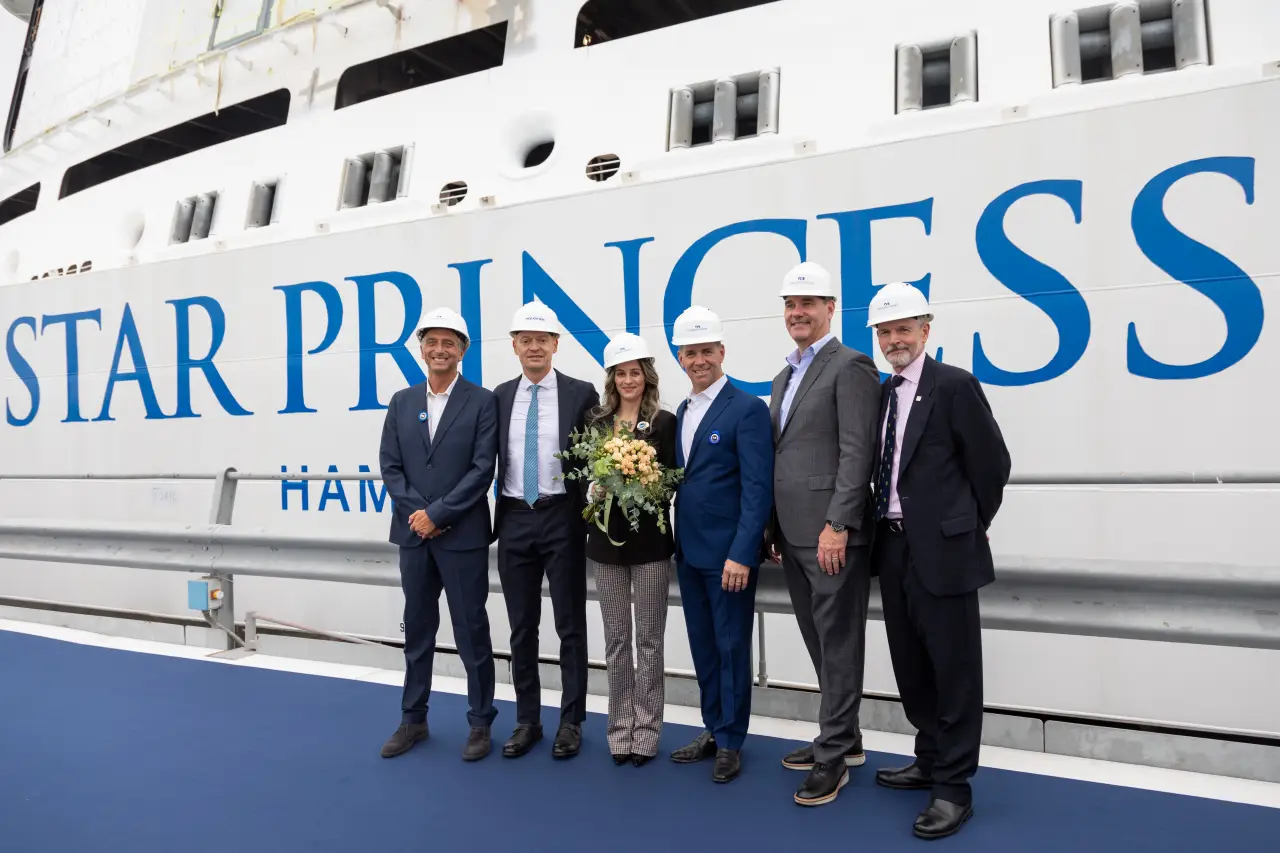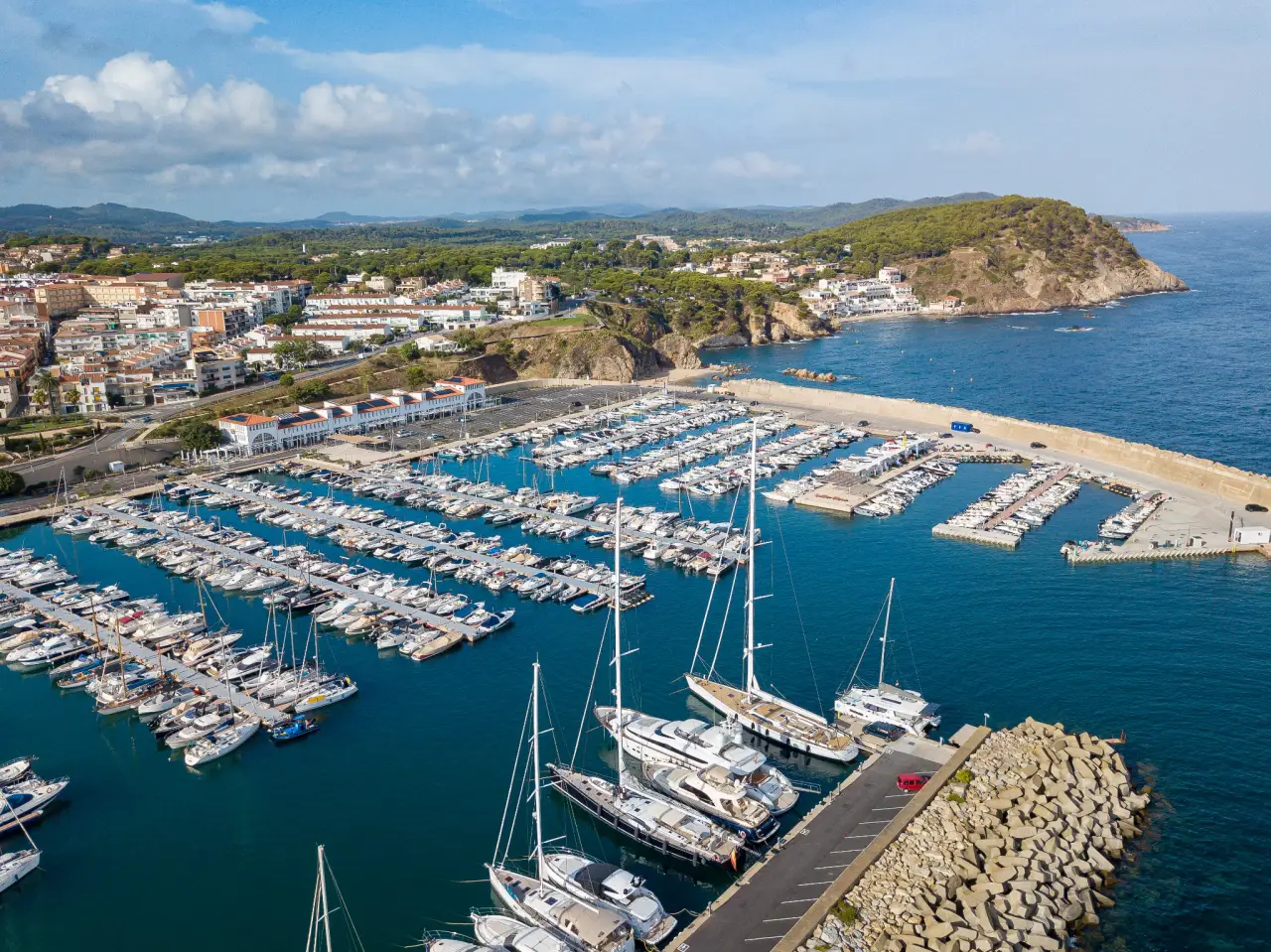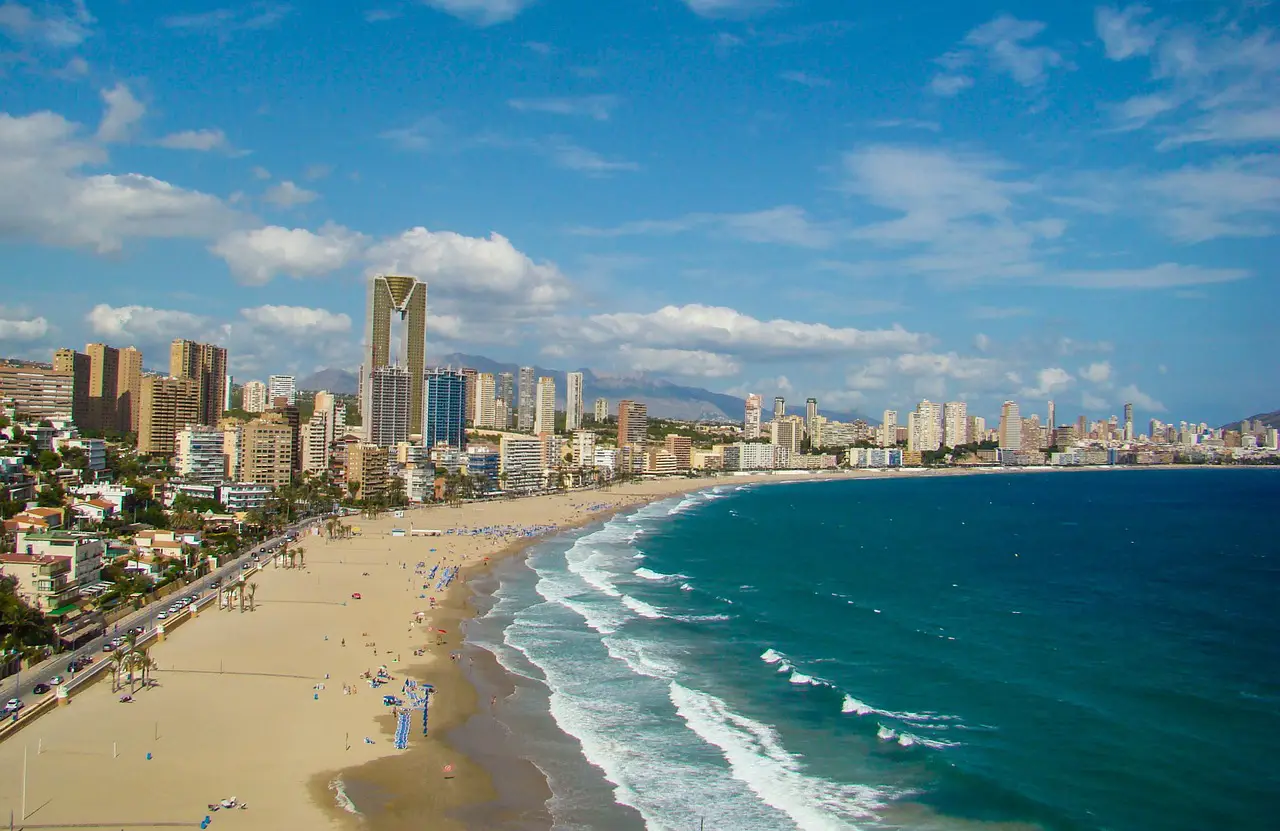As the travel and tourism industry faces growing pressure to reduce its carbon footprint, one often overlooked yet critical component is cold chain logistics.
This involves the transportation and storage of temperature-sensitive goods, such as perishable foods, pharmaceuticals, and biological samples, which require refrigeration to maintain quality and safety. From airlines to cruise ships, hotels to airports, the adoption of eco-friendly cold chain logistics can significantly impact sustainability in the travel sector. Recent advancements in refrigeration technology, like the Azenta BioArc™ Ultra and its air-based cooling system, are helping reshape the industry by reducing energy consumption, eliminating harmful refrigerants, and supporting global sustainability efforts.
The Role of Cold Chain Logistics in Travel and Tourism
Cold chain logistics play an essential role in the travel and tourism supply chain, particularly for the transportation and storage of perishable goods such as food, medicines, and even vaccines. The hospitality industry, cruise lines, and airlines rely heavily on refrigeration systems to maintain the quality of these items, ensuring that guests receive fresh and safe products throughout their travels.
For example, hotels and resorts need to store vast amounts of food and beverages to meet the demands of guests, while cruise ships must maintain refrigerated goods for days or even weeks at a time. Additionally, airports and airlines often handle temperature-sensitive products, such as pharmaceuticals or biological materials, which require careful temperature control during transit.
Historically, cold chain logistics have been a major contributor to the carbon footprint of the travel industry. Traditional refrigeration methods, which often use chemical refrigerants like hydrofluorocarbons (HFCs), have been linked to global warming due to their high Global Warming Potential (GWP). As the world pivots toward sustainability, the travel industry is under pressure to adopt greener solutions in its cold chain logistics to meet the increasing demand for environmentally responsible travel experiences.
Innovations in Sustainable Refrigeration Technology
Enter new refrigeration technologies like the Azenta BioArc™ Ultra, which exemplifies the future of eco-friendly cold storage. Developed with support from Mirai-intex.com and Refolution GmbH, the BioArc™ Ultra uses an innovative air-cycle refrigeration system that eliminates the need for chemical refrigerants entirely. Instead, the system leverages air to create a cooling effect, reducing the environmental impact and offering significant energy savings.
The BioArc™ Ultra is a prime example of how sustainability can be integrated into cold chain logistics. Not only does it offer zero Global Warming Potential (GWP), but it also minimizes energy usage by up to 77% compared to traditional manual freezers. This breakthrough makes the technology ideal for travel and tourism companies looking to reduce their environmental impact while maintaining high standards of safety and efficiency.
By using air instead of refrigerants, these systems avoid ozone depletion and greenhouse gas emissions, two significant contributors to climate change. This is a crucial advancement, especially as governments and organizations worldwide implement stricter environmental regulations aimed at reducing the use of harmful refrigerants in refrigeration systems.
Reducing the Carbon Footprint of Airlines and Airports
Airlines and airports are major players in global logistics, and their impact on the environment is significant. Airports, in particular, have large-scale refrigeration needs to store food, pharmaceuticals, and biological materials. These facilities could greatly benefit from adopting air-based refrigeration systems, which can lower their energy consumption, cut operational costs, and enhance sustainability.
For instance, airports handling cargo such as fresh produce or temperature-sensitive pharmaceuticals could replace traditional refrigerants with air-based technologies like the BioArc™ Ultra. This switch would reduce not only the airport’s carbon footprint but also its energy costs, which is essential as many airports strive for carbon neutrality in the coming decades.
Airlines, too, can benefit from eco-friendly cold chain logistics. By utilizing sustainable refrigeration systems on the ground and in-flight for food storage and medical supplies, airlines can reduce their overall environmental impact. These changes also appeal to eco-conscious travelers who are increasingly choosing airlines with strong sustainability commitments.
Sustainable Cold Chain Logistics on Cruise Ships
Cruise ships present a unique challenge for cold chain logistics. These floating hotels need to store large quantities of food, beverages, and other perishable items for extended periods, often in remote or sensitive environments. Traditional refrigeration systems can be a significant source of energy consumption and environmental harm, particularly when operating in pristine ecosystems like the Arctic or the Caribbean.
The adoption of air-based refrigeration technology could revolutionize how cruise ships handle cold storage. By reducing energy usage and eliminating harmful refrigerants, cruise lines can significantly cut their carbon footprint. This is especially important as many cruise companies are now committing to more sustainable operations, aiming to reduce emissions and minimize their environmental impact on the oceans and coastal communities they visit.
Eco-friendly cold chain logistics can also contribute to broader sustainability initiatives within the cruise industry. For instance, cruise ships that reduce their reliance on energy-intensive refrigeration systems can allocate those savings to other eco-friendly upgrades, such as investing in renewable energy sources or waste reduction technologies.
Hotels and Resorts: Adopting Greener Cold Chain Solutions
Hotels and resorts are increasingly under pressure to adopt sustainable practices as part of the global push toward eco-friendly tourism. One area where significant improvements can be made is in cold chain logistics for food storage. Large resorts require extensive refrigeration to keep food and beverages fresh for guests, and inefficient systems can contribute to high energy costs and environmental harm.
By switching to sustainable refrigeration systems like the BioArc™ Ultra, hotels and resorts can reduce their energy consumption and lower their carbon footprint. This move not only supports environmental goals but also helps hospitality providers cut costs in the long term, as these new systems are designed to be more efficient and require less maintenance.
Additionally, sustainable cold chain logistics align with the expectations of today’s eco-conscious travelers. Many guests are now looking for hotels that prioritize sustainability, and by adopting green technologies, hospitality providers can enhance their reputation and appeal to this growing market segment.
Medical Tourism and the Importance of Sustainable Cold Storage
The rise of medical tourism has created new challenges for cold chain logistics in the travel industry. Medical tourists often require treatments involving temperature-sensitive products, such as vaccines, medications, or biological samples. Ensuring the safe transportation and storage of these products is critical, particularly as more travelers seek healthcare services abroad.
Sustainable refrigeration systems like the BioArc™ Ultra can play a pivotal role in supporting the medical tourism industry. By providing reliable, eco-friendly cold storage solutions, healthcare providers can maintain the integrity of their temperature-sensitive products while reducing their environmental impact. This aligns with the broader trend of integrating sustainability into global healthcare, where reducing energy usage and cutting emissions are becoming top priorities.
Eco-friendly cold chain logistics represent a significant opportunity for the travel and tourism industry to reduce its environmental impact. From airlines and airports to cruise ships and hotels, adopting sustainable refrigeration technologies like the BioArc™ Ultra can help the industry lower its carbon footprint, cut operational costs, and appeal to eco-conscious travelers. For more information about sustainable refrigeration solutions, you can explore our products.
As the travel and tourism sector continues to grow, the demand for sustainable solutions will only increase. By prioritizing green cold chain logistics, industry leaders can play a pivotal role in supporting global sustainability efforts, ensuring that travelers can enjoy fresh, safe products without compromising the health of the planet.













